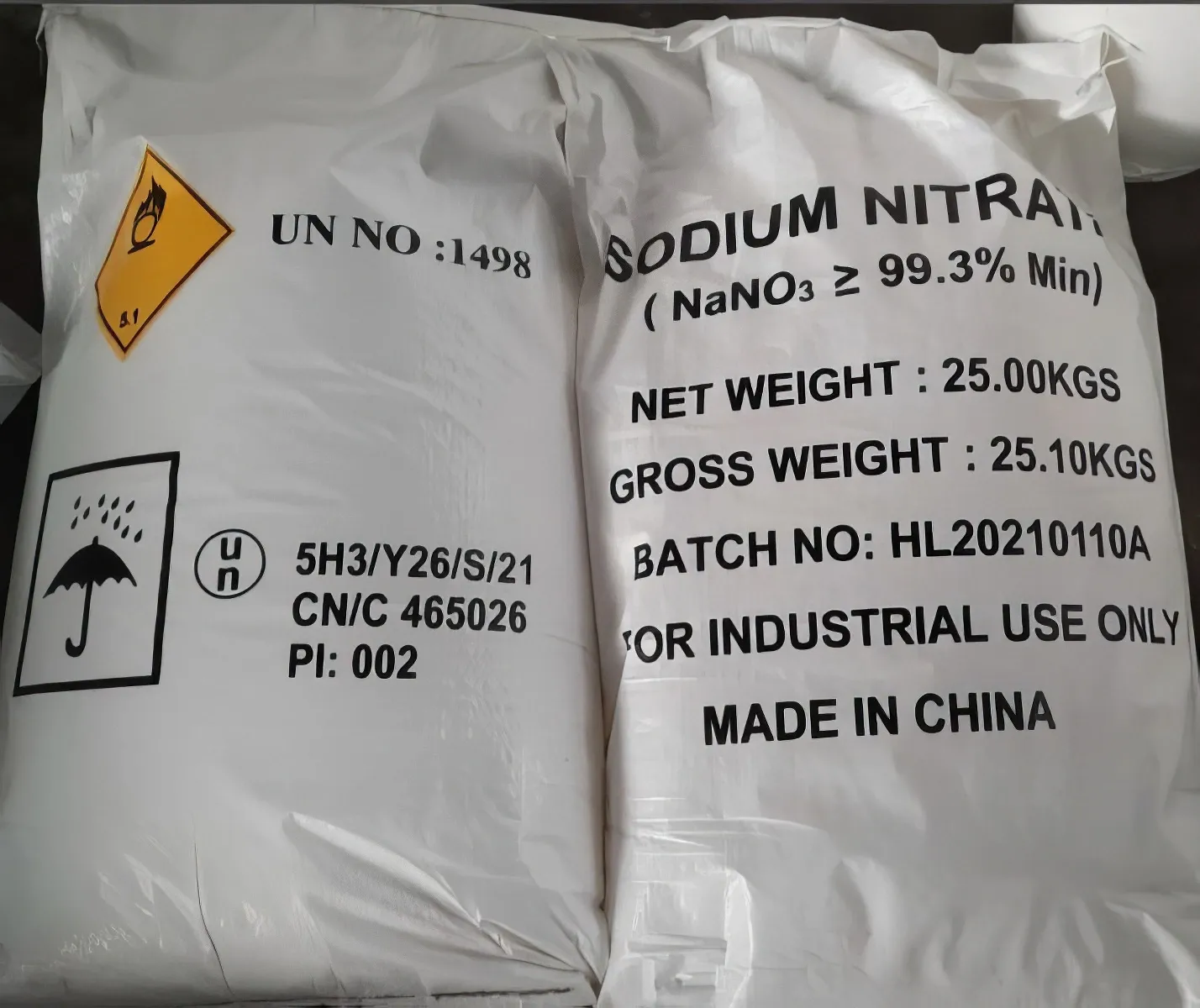



chemicals used in wastewater treatment plants
Chemicals Used in Wastewater Treatment Plants
Wastewater treatment is a critical process that ensures the safe discharge of water back into the environment or its safe reuse. As urbanization increases and industrial activities expand, the treatment of wastewater has become more complex and essential. A pivotal aspect of wastewater treatment is the use of chemicals to enhance the removal of pollutants, control processes, and ensure compliance with environmental regulations. This article explores the various types of chemicals used in wastewater treatment plants and their functions.
One of the primary categories of chemicals used in wastewater treatment is coagulants. Coagulants help in aggregating suspended solids and colloidal materials into larger particles, known as flocs, which can be more easily removed from the water. Common coagulants include aluminum sulfate (alum), ferric chloride, and polyaluminum chloride. The selection of a coagulant often depends on the specific characteristics of the wastewater and the required treatment goals.
After coagulation, the next step typically is flocculation. This process involves the gentle stirring of the wastewater to promote the formation of larger flocs. While this may not directly involve additional chemicals, flocculants such as polyacrylamides are often added to enhance the process. These polymers increase the strength and size of the formed flocs, making them easier to settle during the sedimentation phase.
Another crucial chemical used in wastewater treatment is disinfectants. After the removal of solids and organic matter, disinfection is necessary to eliminate pathogens before the treated water is released into the environment or reused. Chlorine is one of the most traditional and widely-used disinfectants; however, its application can lead to the formation of harmful chlorinated byproducts. Therefore, alternative disinfectants like ozone and ultraviolet (UV) light are becoming increasingly popular due to their effectiveness and reduced environmental impact.
chemicals used in wastewater treatment plants

In addition to the primary treatment chemicals, various auxiliary chemicals play essential roles throughout the process. pH adjusters, such as sulfuric acid or sodium hydroxide, are often employed to maintain optimal pH levels for the efficiency of different treatment stages. Additionally, anti-foaming agents may be added to control excessive foam formation during aeration processes, which can hinder treatment efficiency.
Another consideration in the use of chemicals is the management of nutrient removal. In many cases, nitrogen and phosphorus need to be removed to prevent eutrophication in receiving waters. Chemicals such as ferrous chloride may be used to precipitate phosphorus, while nitrifying agents can help to manage nitrogen levels effectively.
It is essential to recognize that while chemicals play a vital role in enhancing the efficiency of wastewater treatment plants, there are concerns regarding their impact on both human health and the environment. The selection and dosage of chemicals must be carefully managed to minimize potential risks and ensure that the treated effluent meets regulatory standards.
In conclusion, the effective treatment of wastewater relies heavily on the use of various chemicals, including coagulants, flocculants, disinfectants, and pH adjusters, among others. Each chemical serves a specific purpose in optimizing the removal of pollutants and ensuring the safety of the treated water. As the field of wastewater treatment continues to evolve, ongoing research and development will be crucial in discovering more sustainable and effective chemical solutions.
-
Why Strontium Carbonate Still MattersNewsJun.06,2025
-
Why BaSO4 MattersNewsJun.06,2025
-
Why Barium Carbonate Still MattersNewsJun.06,2025
-
Strontium Hydroxide: A Versatile Compound for Modern ApplicationsNewsJun.06,2025
-
Strontium Chloride in Daily IndustryNewsJun.06,2025
-
Pure Potassium Nitrate for SaleNewsJun.06,2025
-
What Is Sodium Bisulfate Used For?NewsMay.15,2025










